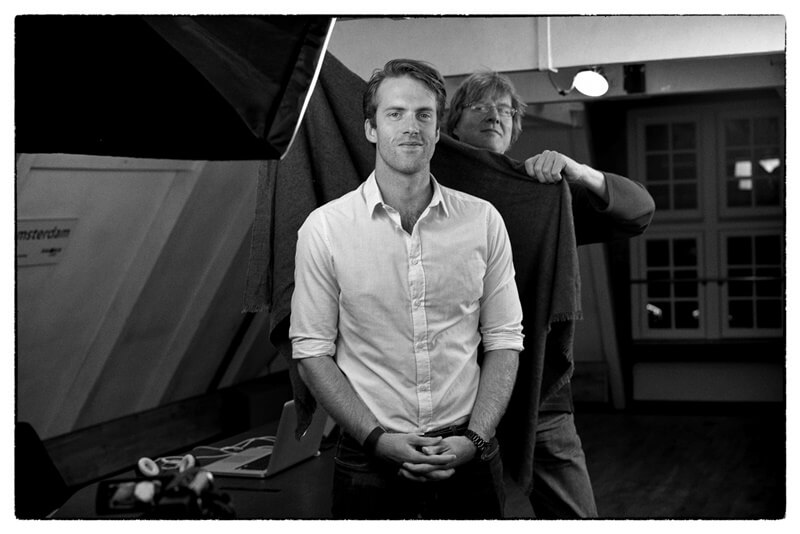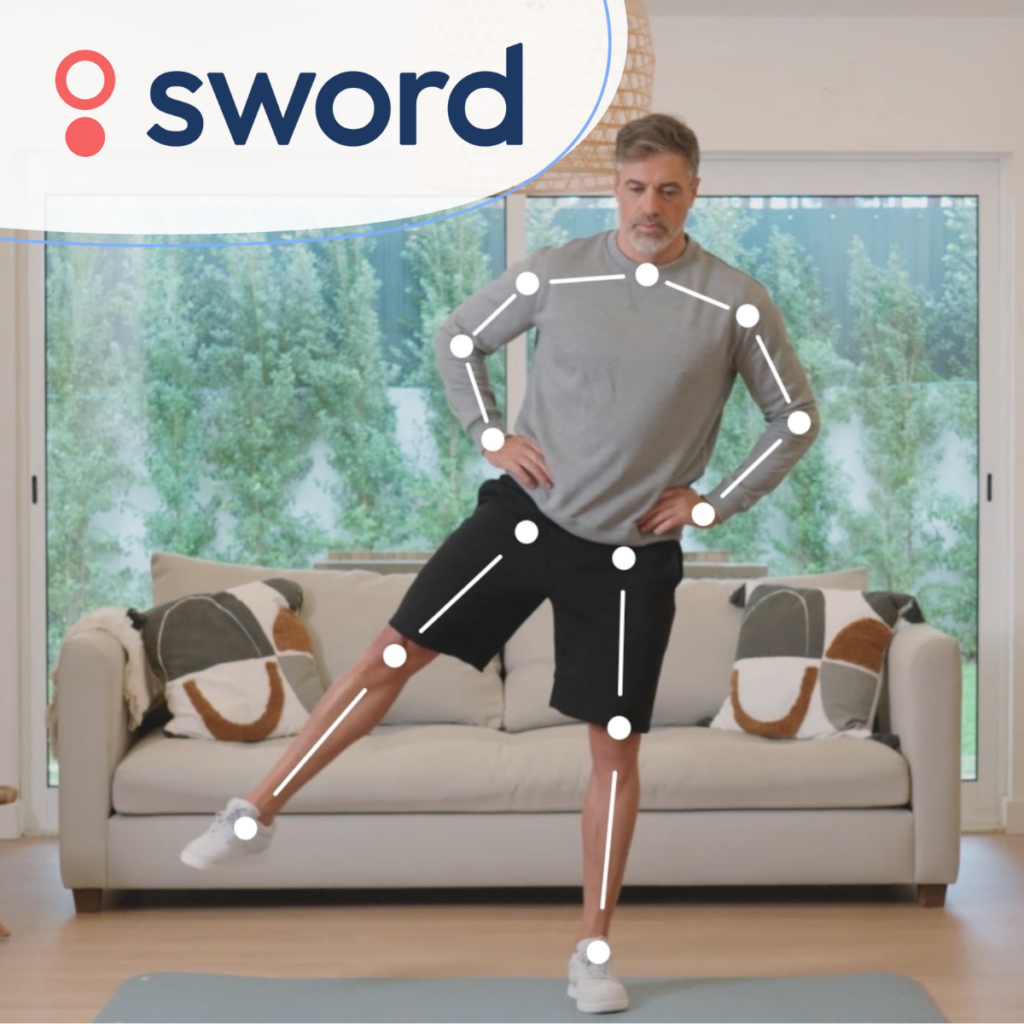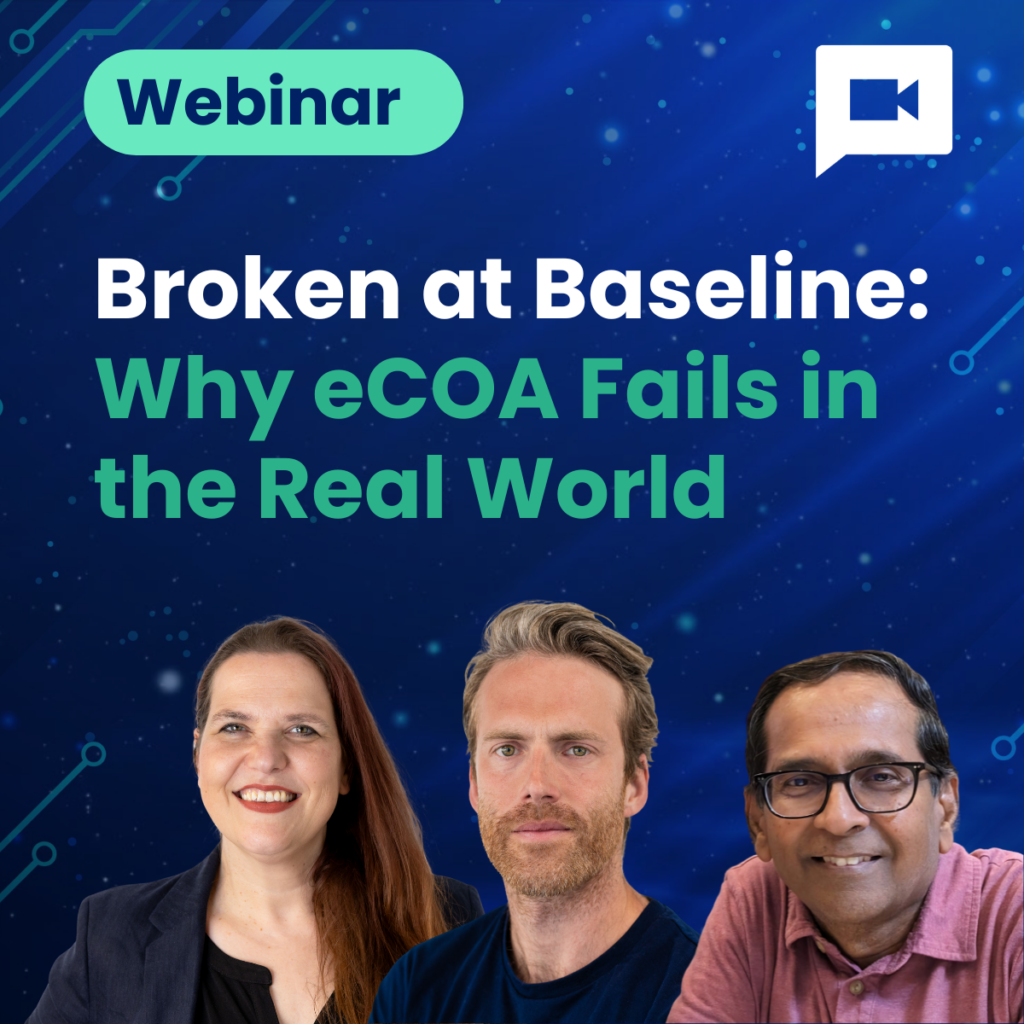Translation of the Dutch article on Fast Moving Targets by Leonieke Daalder
Derk Arts built the first version of Castor EDC himself. The online application, where users can easily set up a database to collect medical data, saw to his needs at the time. During his study to become a Medical Doctor (MD) he was obliged to conduct research. The data, collected by several people, was recorded in Excel sheets. “One Excel sheet per person. With my IT background I was convinced that there was an easier way.” But when I asked around I soon learnt that this was the usual way to process data. “At this point I thought: this is not right. That’s how I gradually got involved in the field.”
It turned out that the necessary products were available but they were really aimed at the pharmaceutical industry, not the medical world. “First of all they were extremely expensive. The average physician who wanted to conduct research, could not afford it. Plus it involves a lengthy and complicated process with quotations and contracts that often results in complex systems requiring programming knowledge to use correctly. So we decided to build a system that is both affordable and easy to use, so everyone can use it.” And so it happened. The result is that Castor has 1500 users at this moment, spread across approximately 750 different studies.
“To make a really good product that is of meaning to the community ”
At this moment Castor has about ten employees and is growing fast in the Netherlands. “Many people see the advantage of an affordable solution that can be used by anyone.” The entry price is only ~300 euros. But you might qualify for the free option, which is applicable for short-term studies up to 12 months. “The difference between our system and the use of Excel for data collection is enormous. The quality of the data really increases tremendously and offers more potential for re-use which means less research waste, as we call it. So yes, things are moving very fast. We are talking with numerous people and research institutes and we already have users in all hospitals in the Netherlands.” And now the international market is beckoning. But first we will have to do extensive research to find out what is and isn’t allowed in other countries. It is challenging and interesting but also very difficult. It is much easier to have a consumer product that everyone can use without any regulations.”

At the moment Castor is completely self-financed. “The turnover we have generated from our customers is used to further develop the system and find new customers. This is very appealing as we ourselves can determine in which direction we want to go.” Therefore we have never seriously considered attracting an investor. “I want to make a really good product that contributes to the community. I don’t want anyone interfering and telling us we should go for maximum profit. I want to bring the price down as far as possible. I want to make Castor more and more affordable so everyone in the world can use it. In the Netherlands there is quite a bit of money available for research but in Brazil this might be different. I want them to be able to use it as well. And I can imagine that this does not align with an investor’s goals. An investor might say: more expensive, larger research, the pharmaceutical industry. Of course we want to serve them but that is not our main focus.”
“Doing something in which you believe and that ignites your passion makes a big difference”
Storing data is just one thing; afterwards you have the graphical display or analysis. Castor prefers to have the latter done by other parties. There is very good open source analysis software available. As for visualisation Arts sees opportunities. “Recently I came across a very interesting American start-up whose core business was visualisation. The only thing they do is the visualisation of ongoing trials. So maybe we might say: this is our API, let’s connect, let’s be modern. But they will have to fit into our ideology, as normally these parties are extremely expensive. If this is the case we will do this part ourselves as well. Even though it is not always simple. At the moment data can be collected with the help of personal equipment, such as Fitbit. “This information is very valuable but without standardisation it is a lot of work to correctly use this data. We definitely want to play an important role and structure all such incoming data so it can be used for research. Research requires structured data. I believe that it would also be a good thing to think about standardisation before bombarding the world with all kinds of platforms and devices and portals.”
The biggest challenge however is to extend what has been achieved in the Netherlands across borders. The question is, will they take this seriously? “Will a German professor pay money to a small Dutch firm? We like to believe we’re big but we’re not really. On the flip side: Science is science across the globe and normally this always goes by the same rules.” Therefore Arts has a positive look on the future. He no longer programs anything himself, he does nothing with his medical training but he is working on something he believes in, for the full 100%. “I have learned from other successful companies that having the ideology and doing something you believe in and what ignites your passion makes a big difference. I think this is really important plus I like to try and play my part in society. What I mean is: I am a MD. It took me 7 years and now I do nothing with it, resulting in many questions from people around me. When are you going to specialise? But that is not going to happen. So I am hoping to make a difference to healthcare in a different way. And also for the patients of course. You have to make decisions in life.”


